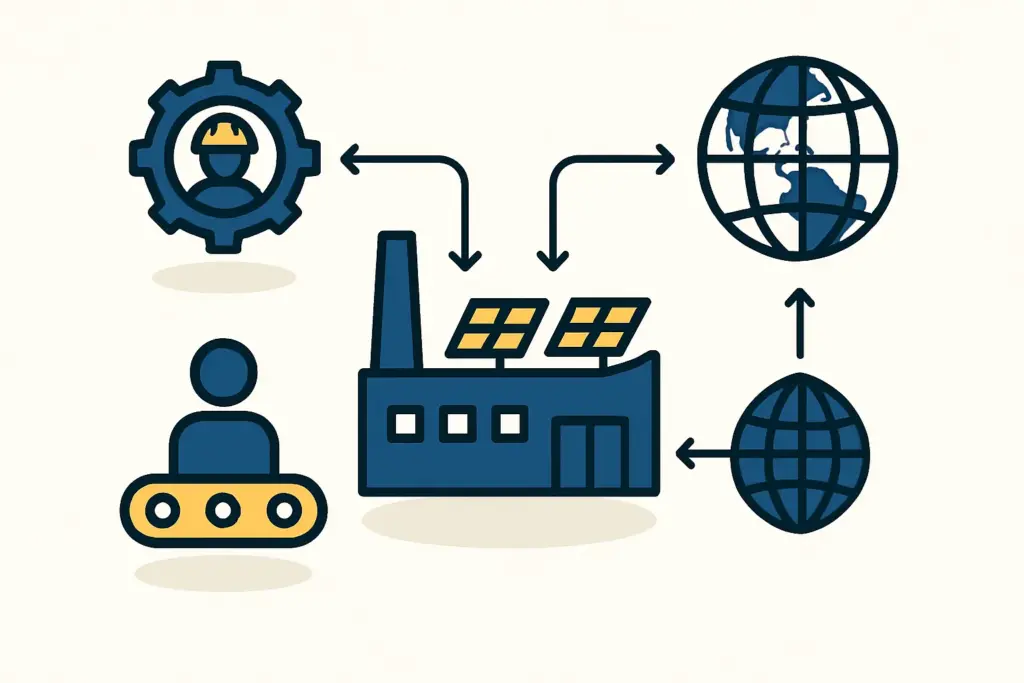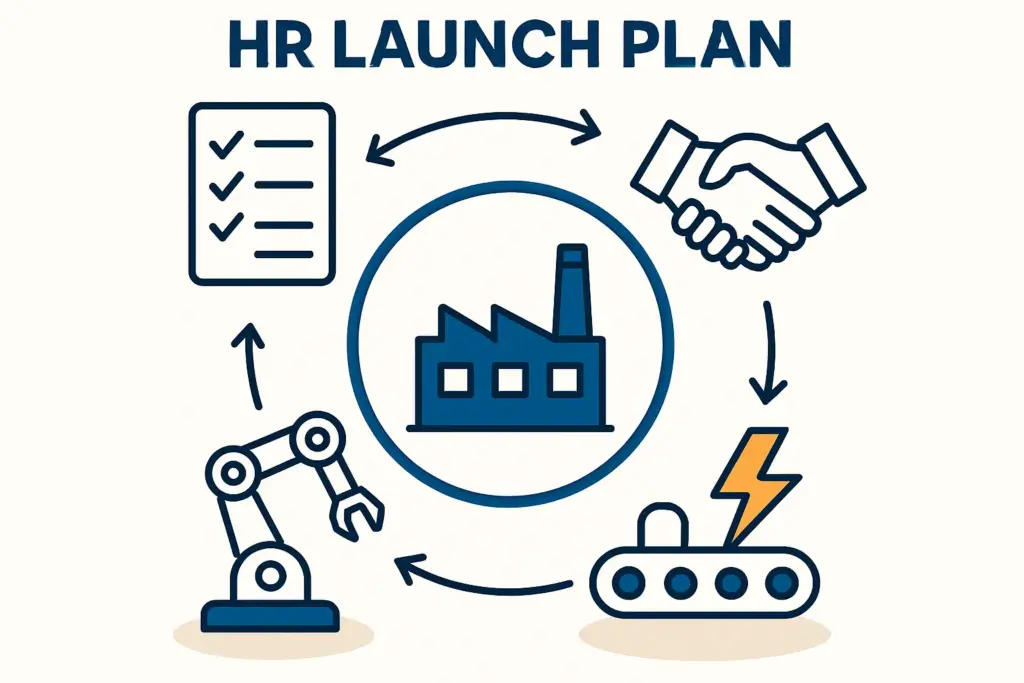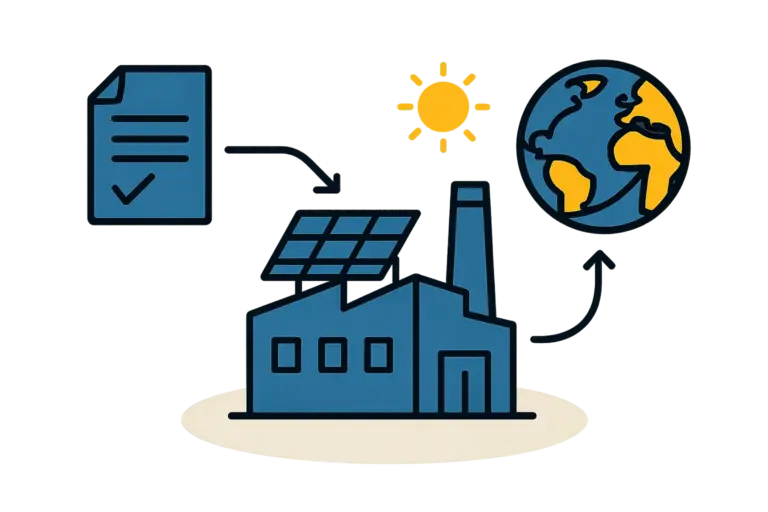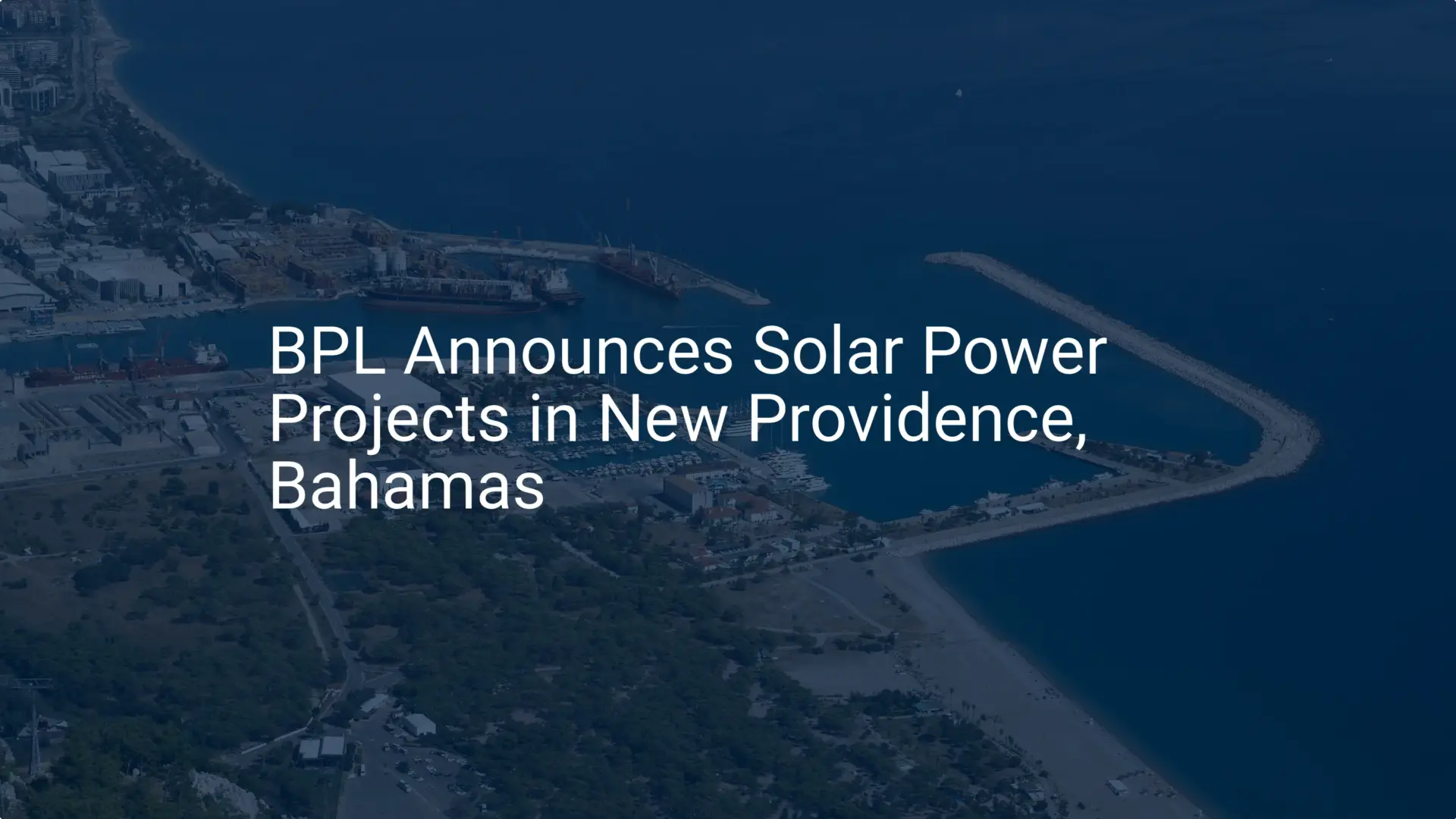The vision of a state-of-the-art solar module factory under the Bahamian sun is a compelling one, aligning perfectly with the nation’s ambitious clean energy goals. But between the blueprint and the first panel off the line lies a critical question: who will build, operate, and maintain this facility? The answer to that question—and the success of your investment—hinges on understanding the local workforce.
This guide delves into the Bahamian labor market, providing the practical insights you need to plan your human resource strategy and build a successful team for your solar manufacturing venture.
Table of Contents
The Bahamas Labor Market: Key Statistics for Investors
A successful hiring strategy starts with a firm grasp of the available workforce. While The Bahamas has a substantial labor pool, these numbers require a strategic eye.
According to recent data, the total labor force—comprising individuals who are either employed or actively seeking work—is approximately 237,000 people. The national unemployment rate, at 9.5% before the global pandemic, points to a ready pool of available workers.
For an investor, these numbers suggest that recruiting for general labor and entry-level positions will be relatively straightforward. The key challenge, however, will be sourcing specialized technical talent.

Skilled vs. Unskilled Labor: Assessing the Talent Pool
A solar module factory requires a diverse team with qualifications ranging from line operators to process engineers. Assessing the skills already present in the Bahamian workforce is essential for planning your training and recruitment budget.
Educational Profile of the Workforce
General educational attainment in The Bahamas is strong, with a significant portion of the workforce having completed secondary education. This provides a solid foundation of literacy and numeracy, creating a trainable workforce capable of learning the standardized processes of a modern manufacturing environment.
As a result, you can expect to find a reliable pool of candidates for roles in assembly, logistics, and quality control assistance.
Availability of Technical Skills for Solar Manufacturing
The primary challenge lies in finding workers with specific technical and engineering experience relevant to photovoltaics. While The Bahamas has skilled electricians and technicians, experience in solar module manufacturing is rare, as the industry is still in its nascent stage in the region.
Investors should plan on either importing a small team of senior experts to lead initial operations or investing significantly in upskilling local talent. The availability of general engineers is moderate, but those with a background in industrial automation, chemical processes, or semiconductor technology will be scarce. A proactive workforce development plan is therefore not just an advantage—it’s a necessity.
Understanding Wage Structures in The Bahamas
A clear understanding of local wage expectations is crucial for creating a competitive payroll and a sustainable budget.

The National Minimum Wage
As of January 2023, the national minimum wage in The Bahamas is BSD $260 per week. This translates to approximately BSD $6.50 per hour for a standard 40-hour work week. This figure provides the baseline for unskilled labor, and adherence to this legal mandate is a fundamental obligation.
Average Wages and Planning Your Payroll
Attracting and retaining qualified staff, especially for technical roles, requires offering compensation that is competitive in the local market. While the minimum wage sets the floor, average hourly wages and annual incomes provide a more realistic benchmark for skilled positions.
Discussions around a ‘livable wage’ are also ongoing in The Bahamas, reflecting a need for compensation that covers the cost of living in the island nation. For a solar factory aiming to establish itself as a premier employer, offering a competitive Bahamas salary above the minimum is a strategic decision that can improve employee retention and productivity. Your business plan must account for salary ranges that will be attractive to electricians, maintenance technicians, and junior engineers.
Workforce Development: Building Your Factory’s Human Capital
Given the specific skill gaps, your most critical long-term investment will be in your people. A robust training strategy is key to transforming the available labor pool into a highly capable, specialized workforce.
Leveraging Local Training Institutions
As the country’s leading institution for technical training, the Bahamas Technical and Vocational Institute (BTVI) is a vital partner for any solar investor. BTVI offers programs in relevant fields like electrical installation, electronics, and mechanics. Collaborating with BTVI can help create a pipeline of talent with foundational skills ready to be specialized for solar manufacturing.
Strategic Partnerships for Specialized Training
One forward-thinking approach is to create bespoke training programs. This could be a public-private partnership with BTVI, where you help shape a curriculum focused on solar technology. Alternatively, your company can establish its own in-house training academy, led by experienced engineers. This direct investment ensures your workforce is trained on your specific machinery and processes, meeting the exact quality standards required for module production.
The Policy Landscape: Government Support for Solar Energy
Your investment in a Bahamian workforce aligns with strong national policy. The government of The Bahamas has established a National Energy Policy with the goal of achieving 30% of its energy generation from renewable sources by 2033. This creates a favorable environment for solar ventures and signals long-term support for the industry. Such a commitment suggests government agencies will be receptive to initiatives focused on developing a skilled ‘green-collar’ workforce.

Is the Bahamian Workforce Ready for a Solar Factory?
The Bahamian labor market offers a solid foundation for establishing a solar module factory, with a willing and trainable workforce available for general operational roles.
The primary challenge is the scarcity of specialized manufacturing and engineering skills. This challenge, however, is not insurmountable. Instead, it presents an opportunity for a strategic investor to build human capital through targeted training programs and partnerships with local institutions like BTVI.
By investing in people, you not only build a factory but also contribute to the development of a new, high-tech industry in The Bahamas. With a clear workforce development plan, an investor can build a team that is not just ready but fully equipped to drive the factory’s success.
Ready to build your solar factory? We can help. Visit our free e-course, explore our services, or get personalized guidance with our Premium Business Plan E-Course. Let’s make your solar journey a success.
Frequently Asked Questions (FAQ)
Q: What is the minimum wage in The Bahamas?
A: The current minimum wage in The Bahamas is BSD $260 per week, established on January 1, 2023. This is equivalent to approximately BSD $6.50 per hour for a 40-hour work week.
Q: How large is the workforce in The Bahamas?
A: The labor force in The Bahamas is approximately 237,000 people. This figure includes both employed individuals and those actively seeking work, representing the total pool of available labor.
Q: Are there enough skilled workers in The Bahamas for a solar factory?
A: For general operations, assembly, and logistics, there is a good pool of trainable workers. For specialized technical roles, however—such as process engineering, industrial automation, and equipment maintenance specific to solar manufacturing—there is a significant skill gap. A successful investor will need to implement a robust training and development program, potentially in partnership with local institutions, to build the required expertise.






